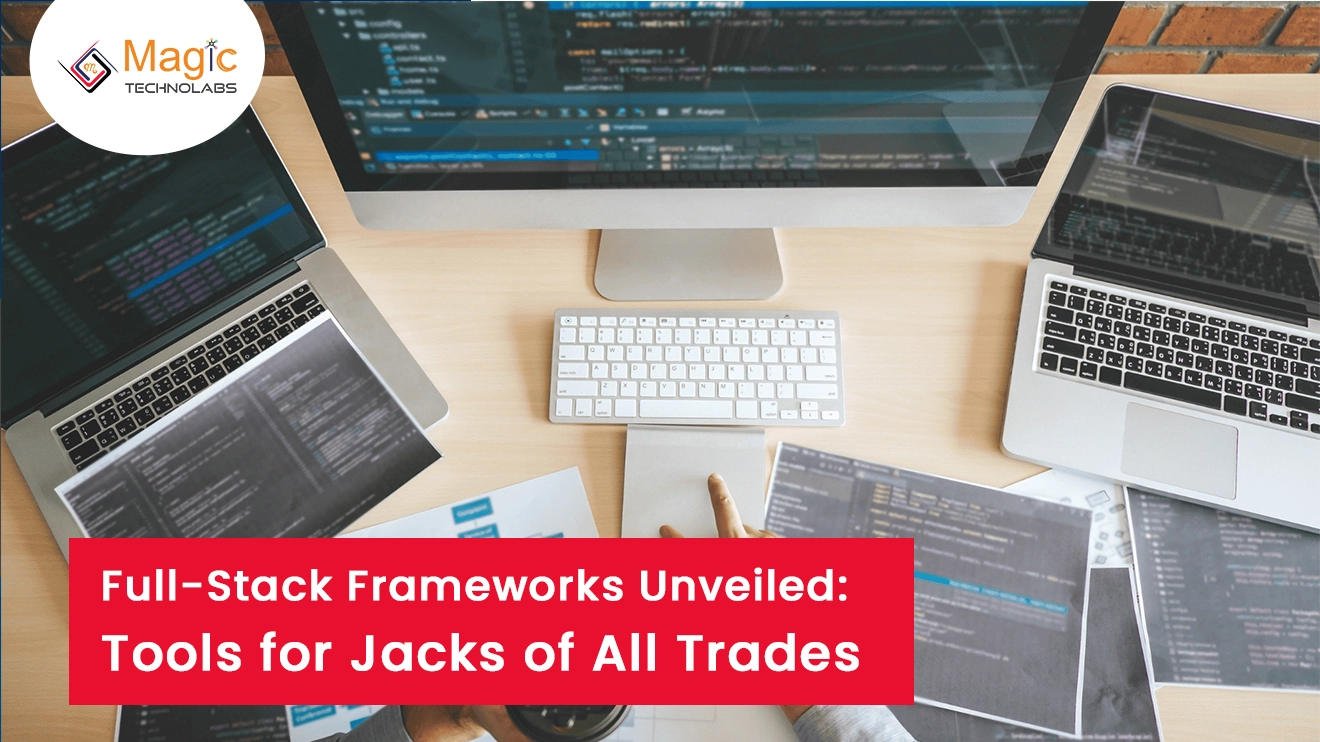In the dynamic landscape of programming, versatility is a prized asset. Full-stack frameworks, designed for Jacks of All Trades in the coding realm, empower developers to navigate both front-end and back-end development seamlessly.
The Allure of Full-Stack Frameworks
Full-stack frameworks encapsulate a set of tools and libraries that streamline the development process. Whether you're crafting user interfaces or managing databases, these frameworks provide a holistic approach, making you a master of multiple domains.
Essential Tools for Full-Stack Developers
1. Django
Django, a Python-based framework, simplifies web development with its clean design and emphasis on reusability. From database management to URL routing, Django offers a comprehensive toolkit.
2. Node.js
Node.js, with its JavaScript runtime, is the go-to for scalable and real-time applications. Its event-driven architecture makes it ideal for building responsive and dynamic web applications.
3. Ruby on Rails
Known for its convention over configuration principle, Ruby on Rails enhances developer productivity. It emphasizes convention, allowing developers to focus on writing code rather than configuring files.
Embracing the Jack of All Trades Mentality
Full-stack developers possess a unique skill set, seamlessly transitioning between front-end and back-end development. This versatility is invaluable in today's fast-paced tech environment, where collaboration and adaptability are key.
Choosing the Right Framework
When selecting a full-stack framework, consider factors such as language compatibility, scalability, and community support. Tailor your choice to match the specific requirements of your project, ensuring a smooth and efficient development process.
In conclusion, full-stack frameworks serve as the toolkit for Jacks of All Trades in the programming world. Embrace the versatility, explore the tools, and become a master of both front-end and back-end development.
















